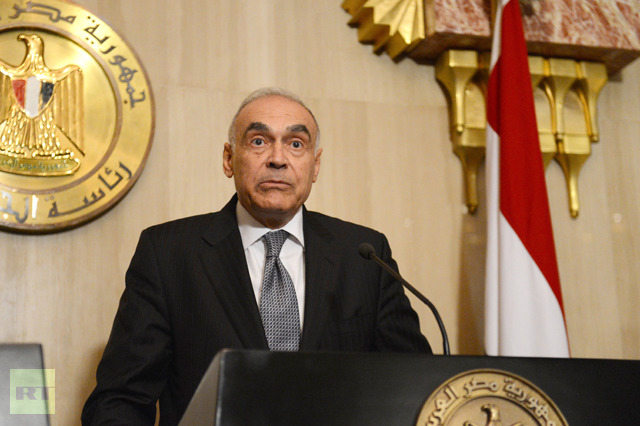CAIRO: The National Democratic Party (NDP) is practically the only decision maker overseeing proposed constitutional amendments, said political analyst Diaa Rashwan.
According to the constitution, there are two mechanisms by which it can be amended – either via a request from the president or from the parliament. In this case, the president has requested the change.
The president, according to Article 115 of Parliament’s legislations procedures, will file his request for amendments and the underlying reasons with the speaker who then distributes the proposed changes to all members of the People’s Assembly.
A parliamentary general committee reports on the proposed changes and the floor is then opened for debate on the issues.
Voting then determines the fate of each article.
After the first approval by parliament, the proposed changes are then transferred to the legal and constitutional committee which discusses whether the changes are within the confines of the law.
During this period which can last up to 30 days, MPs have a right to make additional remarks which are passed on to the committees.
The process culminates in another, final round of voting, usually two months after the president initially introduced his list of proposed amendments.
Since the whole process depends on the majority vote, and the NDP controls more than 75 percent of the seats in parliament, the ruling party is effectively the sole decision maker. Rashwan, of Al Ahram Center for Political and Strategic Studies, believes the NDP will establish panels including the country’s intellectuals, political pundits, and thinkers, to comment on the proposed changes.
Those intellectuals are only consultants, because later their recommendations will be taken to parliament again for voting where the decision will be made, Rashwan said.
The NDP wields an advantage because it is the only party that holds more than the required one third of seats to vote on any concrete changes to the constitution.
And that is precisely what worries reformists and civil society advocates.
Gamal Aid, lawyer and executive director for the Arabic Human Rights Information Network, says he does “not think there will be real involvement of civil society, human rights organizations or intellectuals.
The government has yet to officially announce which articles and paragraphs in the constitution are subject to change and which will remain unaffected.
Gamal Mubarak, head of the NDP’s policy secretariat, hinted earlier this week that the draft changes are expected to give more power to the prime minister as opposed to the president, while the two upper and lower parliament councils would achieve more leverage.
Mubarak also said the electoral system would be beefed up and the role of political parties and women would increase.
But Rashwan expects the changes to have an adverse effect on articles related to personal freedom such as Articles 41, 42 and 47 amended to decrease civil liberties.
He also believes the amendments will facilitate the transformation of anti-terrorism legislations law.


